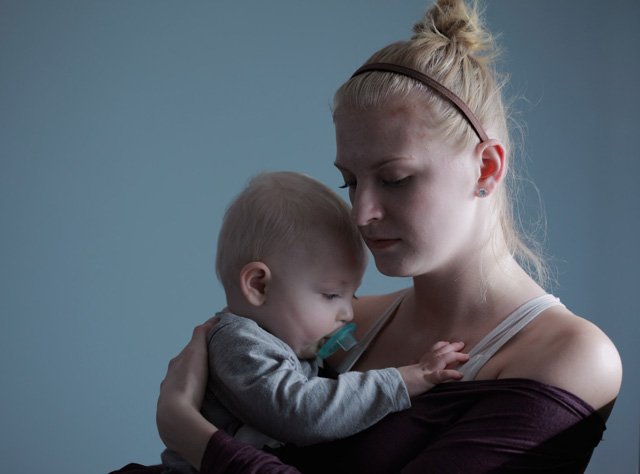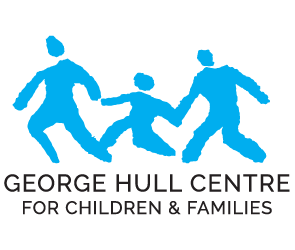Contact Us 416-622-8833
The George Hull Centre Institute of Childhood Trauma and Attachment
Dedicated to transforming how child and youth-serving sectors respond to children and youth who have experienced traumatic experiences and attachment disruptions.
About Us
Excellence in Clinical Practice
Innovative Research
Transformative Training
We are proud to have a strong national presence, with our training programs reaching professionals across Canada, the United States, Australia, and Europe. Our research partnerships extend internationally as well, with active collaborations in the U.S., Ireland, and the U.K. Our commitment to sharing knowledge ensures that promising practices are widely accessible.
Sustained by Support
We are an independent institute with no ongoing government operating funding. Our work is made possible through a combination of philanthropy and partnerships, research grants, and multi-year training partnerships with organizations across Toronto and Ontario.
Donate to the Institute of Childhood Trauma and Attachment today!
Culture of Care
Trauma work is demanding, and we believe that those who care for others must also be cared for. That’s why we’ve created a workplace culture rooted in collaboration, respect, and warmth. We strive for excellence—not just in outcomes, but in how we work together every day.

What is Childhood Trauma and How Does it Affect Children?
Childhood trauma includes events such as experiencing maltreatment (physical, sexual and emotional abuse), witnessing domestic violence, community violence, abandonment, neglect, loss of a loved one, discrimination, and bullying. Typically, these events are associated with intense feelings of fear, helplessness, loss of control and shame.
As many as two thirds of children experience a traumatic event prior to age 16, and many children exposed to one traumatic event have also been exposed to additional adverse experiences. Approximately 85% of children involved in the child welfare system have been exposed to a traumatic event.
Traumatic experiences can produce physical, psychological and emotional reactions that last a lifetime. Exposure to a traumatic event can interfere with brain development for children and youth, and it is a risk factor for a number of potentially maladaptive outcomes including emotional, cognitive, behavioural, and social impairment. Without the appropriate intervention, traumatic childhood experiences can result in significant and enduring adult mental health problems.
The Importance of Attachment Relationships
Children who have secure attachment relationships are much more resilient in the face of adverse childhood events. Strong relationships with adults provide a buffer from stressful or challenging life events and serve to mitigate the psychological, physiological and brain impacts of these events.
The children most at risk for long lasting and serious impacts of trauma are those who do not have secure attachment relationships. Children with insecure attachments are much more vulnerable to the effects of stress. This is magnified multiple times when the source of stress is the caregiver, such as is the case when the caregiver physically, sexually or emotionally abuses the child.

Institute Vision & Mission
The George Hull Centre has invested in developing expertise in the area of trauma and attachment for over a decade and recently formed the Institute of Childhood Trauma and Attachment to further the knowledge in this area through three pillars: clinical practice, research, and knowledge dissemination.
Vision
A trauma responsive world.
Mission
To promote well-being and reduce suffering of children, youth, and families who have experienced trauma and attachment disruptions by enhancing how systems provide care through the integration of best practice, research, and training.
Research
Research is one of the pillars of the Institute for Childhood Trauma & Attachment. Information gained through the Institute’s research undertakings will ideally drive changes in training, policy and practice to better serve traumatized children and youth.
Training
As evidence builds that traumatic stress has a profound lifetime impact on the developing brains and bodies of children and youth, the need for trauma-informed training professionals serving children and youth is paramount.
Clinical Practice
The Institute is engaged in several initiatives to elevate clinical practice for traumatized children and youth in multiple programs at the George Hull Centre. All the clinical staff have received training and ongoing consultation in Dyadic Developmental Psychotherapy.
Volunteering with the Institute
If you are looking to volunteer with the Institute, we offer opportunities each summer. Please click here to learn more about how to apply.
